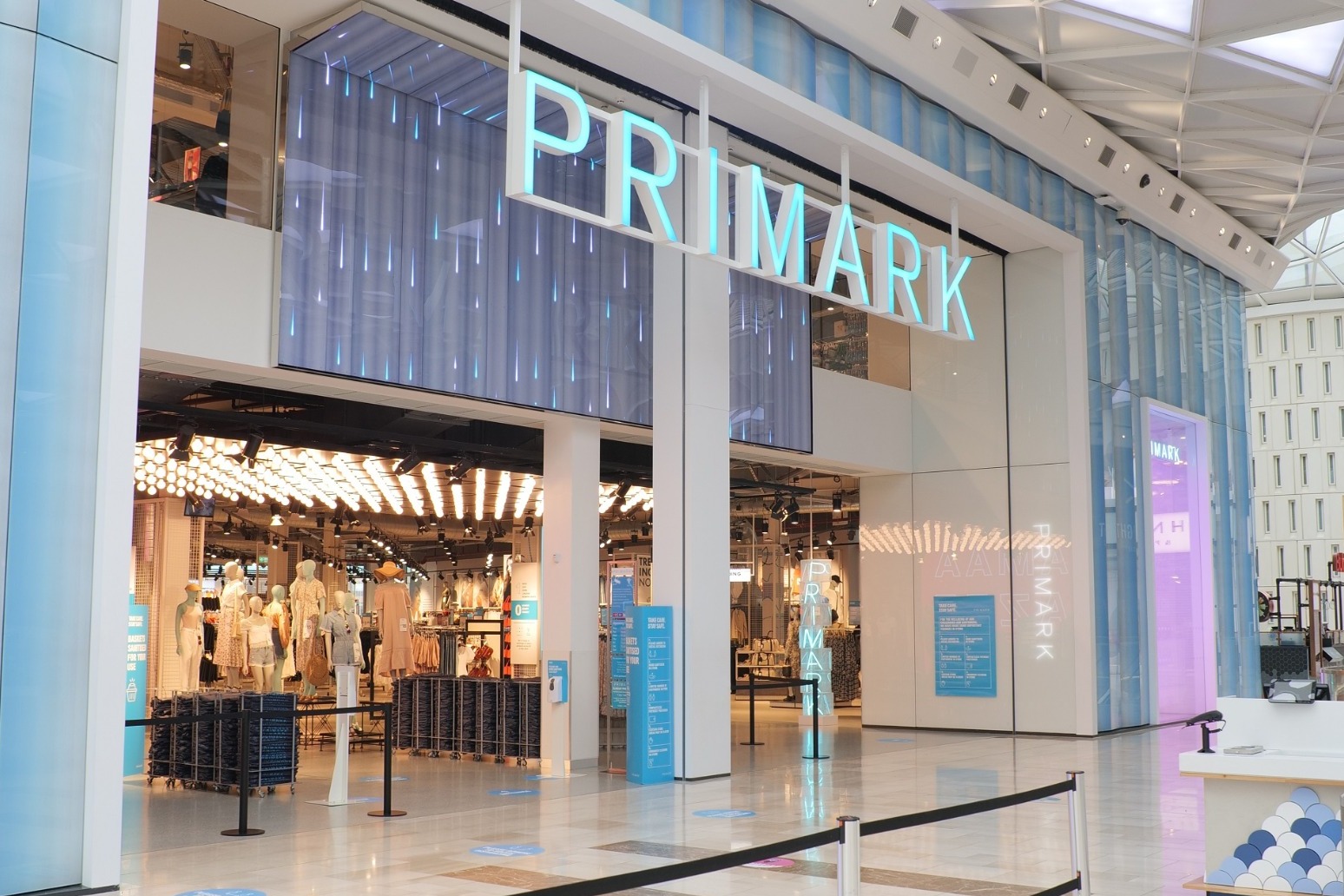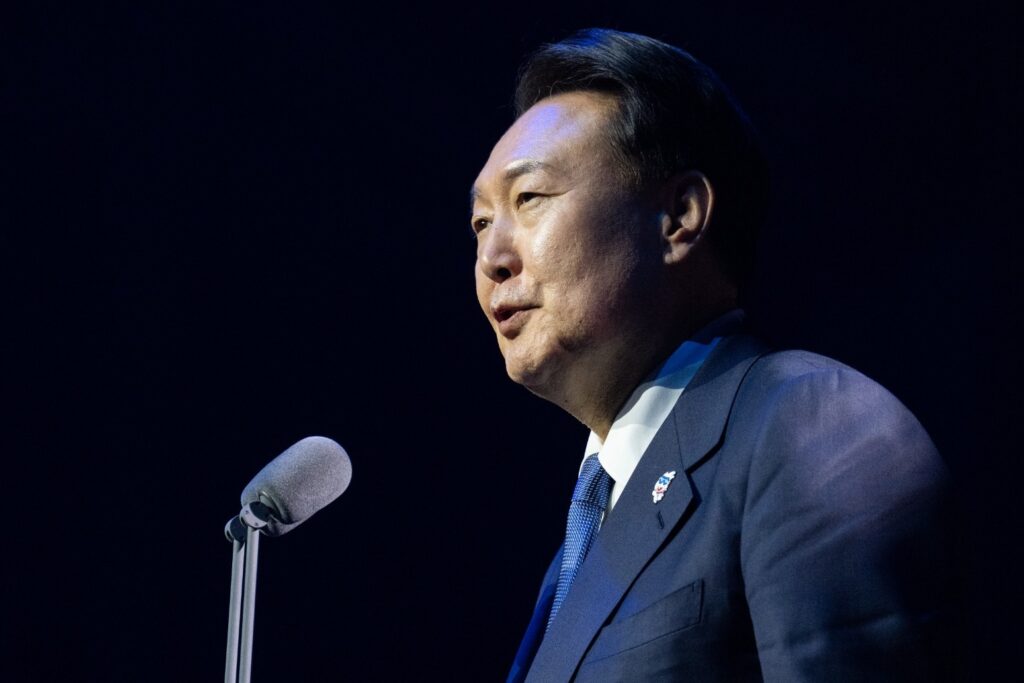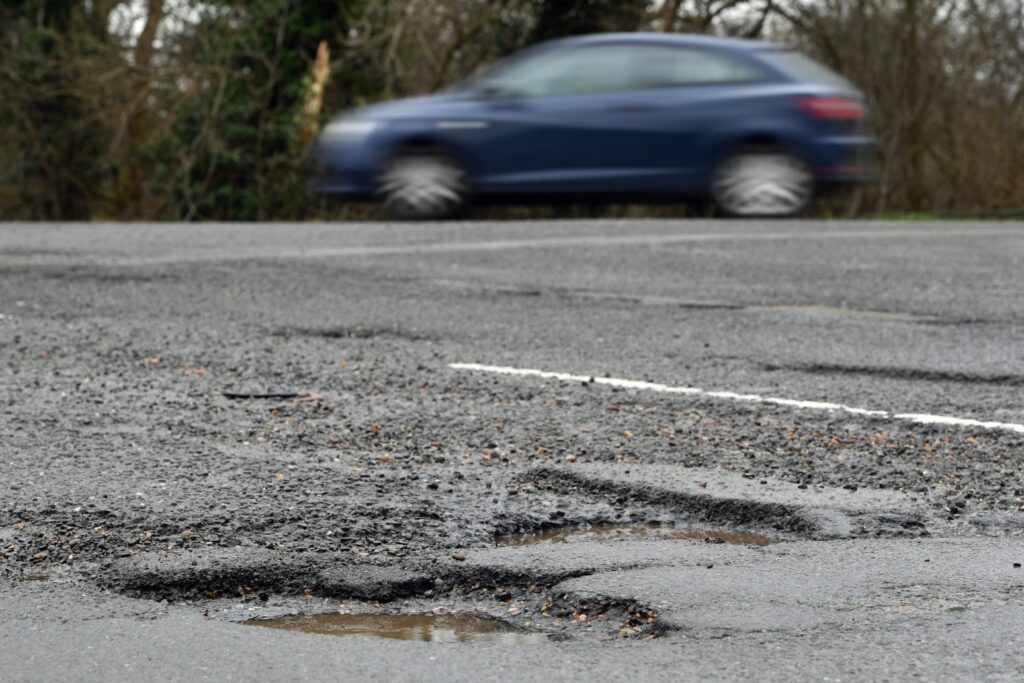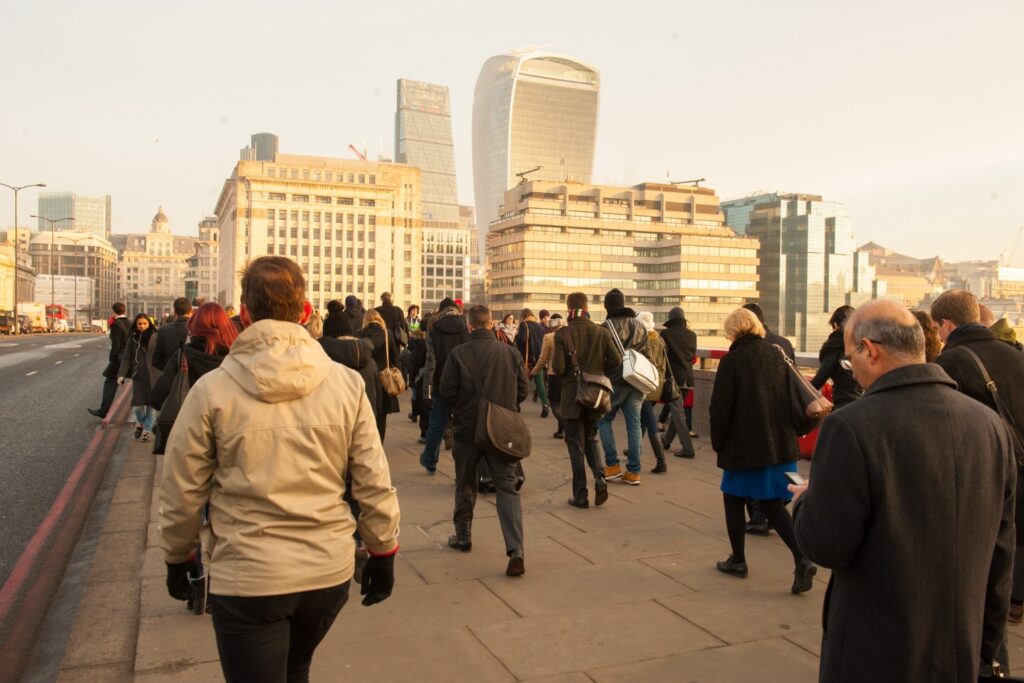This website uses cookies so that we can provide you with the best user experience possible. Cookie information is stored in your browser and performs functions such as recognising you when you return to our website and helping our team to understand which sections of the website you find most interesting and useful.
Shops reopen as rule on mandatory face coverings comes into force
15/06/2020

Thousands of non-essential shops across England are reopening their doors to customers for the first time in almost three months in the latest easing of the coronavirus lockdown rules.
Zoos and safari parks are also welcoming back visitors, places of worship can open for private prayer while some secondary school pupils will begin returning to their classrooms.
At the same time passengers on public transport will be required to wear face coverings as the pace of activity begins to pick up.
With official figures showing the economy shrank by a fifth in April, ministers are desperate to get businesses going again to stave off another wave of job losses.
Boris Johnson said he did not know whether to expect “a flood or a trickle” when the shops reopened but that he hoped people would return in “sensible” numbers.
Visiting Westfield shopping centre in east London on Sunday, he acknowledged some people may be nervous about returning to the high street after so long away but insisted they “should shop and shop with confidence”.
Chancellor Rishi Sunak – who is reported to be considering a VAT cut to stimulate spending – acknowledged further redundancies were inevitable as the Government’s furlough scheme begins to unwind.
“There is going to be hardship ahead. People are going to lose their jobs,” he said.
Ministers are under intense pressure from Conservative MPs to go further by the easing the two-metre social-distancing so the hard pressed hospitality sector can also reopen.
Mr Johnson confirmed at the weekend that he had ordered a “comprehensive” Downing Street review of the regulation.
The Prime Minister said the falling numbers of Covid-19 cases meant there was a greater “margin for manoeuvre” as the chances of coming into contact with someone with the disease diminished.
Mr Sunak said it would be an “all round” survey of the issue drawing on advice from economists as well as the scientific and medical experts who have been advising ministers on the pandemic.
He said it would be ministers, not the scientists, who would make the decisions on any easing, fuelling the belief at Westminster that the relationship between ministers and the advisers is becoming increasingly strained.
The review is reported to be scheduled to be completed by July 4, the date slated by the Government for the hospitality sector to start welcoming back customers.
Many pubs and restaurants have warned however that it will simply not be viable for them to do so unless the social-distancing rule is cut to no more than one metre.
This comes as the World Health Organisation (WHO) has urged the Government to not lift the lockdown until it is proven its widely-criticised coronavirus contact tracing system works.
After it was revealed the Government failed to trace the contacts of a third of those testing positive in the first week of the new system, Dr Hans Kluge, the WHO’s director for Europe, warned Britain was still in the midst of a “very active phase of the pandemic”.
Dr Kluge said while the tracking in England of some 31,000 contacts of 8,000 infected people was “encouraging”,the Government needed to be sure it could “aggressively” track infections if it is to reopen the country’s economy.
“Contact tracing is key especially as the UK starts to relax the social and physical distancing measures,” Dr Kluge told The Guardian.
“There has to be a robust track-and-trace system in place of operation. I would like to … say we need an effective tracking system in place, it is one of the measures that we recommend that are in place now.”
Labour has now joined Tory MPs in urging ministers to set out a clear plan for the hospitality sector to return.
Shadow business minister Lucy Powell said: “We urge the government to publish an action plan which maximises economic viability, whilst minimising the risk to the health of customers and staff.
“If they fail to act, our communities will lose much-loved pubs, bars and restaurants, and we’ll see a wave of closures and unemployment which will damage villages, towns and cities across the country.”
Monday will also see secondary schools in England reopening to some pupils with Year 10 and Year 12 students returning to get some time with their teachers ahead of their GCSE and A-level examinations next year.
The Government has faced criticism that it has not done more to get schools reopened with some children facing the prospect of having been out of the classroom for almost six months by the time they return in September.
Education Secretary Gavin Williamson was last week forced to abandon plans for all primary pupils to return for at least a month before the summer break admitting it would not be possible while social-distancing rules remain in place.
Currently, primary schools in England are open to pupils in reception, Year one and Year six.
However ministers are planning a fresh push to get more children back by reaffirming schools can take pupils from other year groups providing they have the capacity to do so safely.
A No 10 source said Mr Johnson was “acutely aware” of the impact the extended closure was having on pupils and was working with Education Secretary Gavin Williamson on a major “catch-up” plan.
Meanwhile many retailers were simply looking forward to getting back to business again after so long away.
Andrew Murphy, executive director of operations at John Lewis, told the PA news agency he expected customers would be surprised by the “relative calmness” of the experience.
“I’m hopeful that, while the overall atmosphere will feel a bit different to them, what they’ll actually find is a kind of pleasant surprise that it’s calm, it’s pleasant, it’s well ordered, but it’s also still got the real advantage of the physical shopping experience,” he said.
Published: by Radio NewsHub



